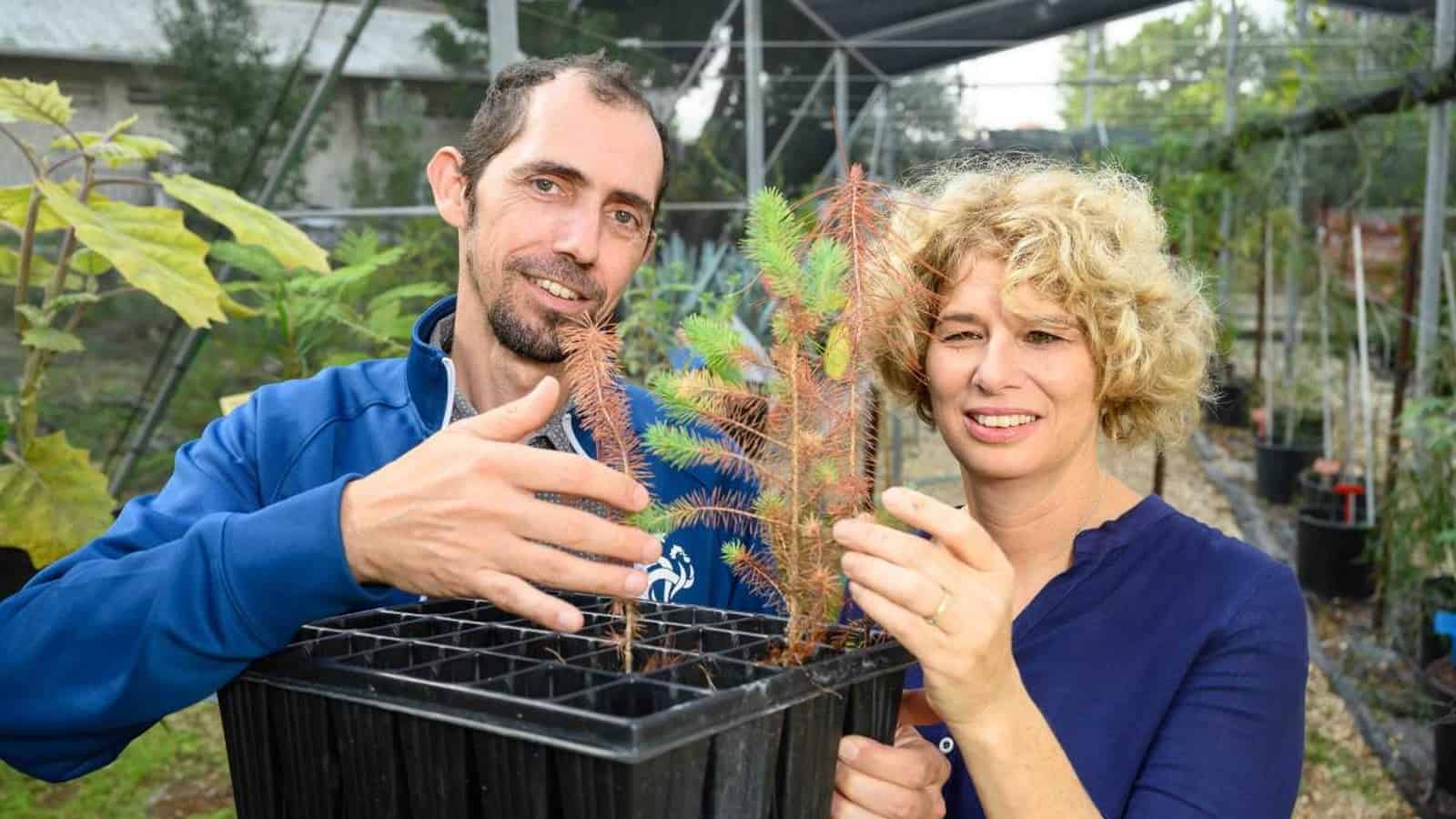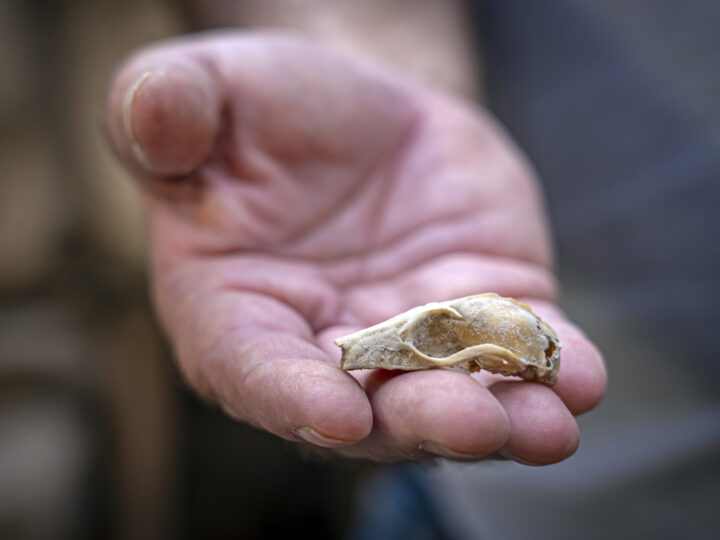Scientists from the Weizmann Institute of Science recently discovered that soil-beneficial bacteria can help trees survive water scarcity and even flourish in drought conditions by offsetting the impact of the lack of water.
Researchers from the institute’s Plant Sciences Department grew cypress saplings in boxes filled with forest soil and placed them in a greenhouse. The cypresses were divided into two groups: the trees in the first group were regularly watered, while the second group was deprived of water.
In each group, half of the cypresses were exposed to soil bacteria that had been collected from the Harel Forest, where the cypresses normally grow.
The scientists then examined the interactions between the trees’ roots and the bacteria using a multidisciplinary approach. They discovered that the bacteria help trees cope with water shortages and in return, benefit from tree root secretions.
They found the rate of secretions from the roots more than doubled in trees that were exposed to the bacteria, compared to trees that were not. The trees’ overall health improved as a result of the interaction.
The study was led by Yaara Oppenheimer-Shaanan, a microbiologist in the lab of Tamir Klein, principal investigator in the Weizmann Tree Lab. Klein previously conducted research on how trees maintain symbiotic relationships with fungi.
Huge significance
“This has huge ecological significance,” said Klein. “Our study might have supplied the best evidence so far that trees and bacteria can really coexist symbiotically.”
In many places around the world, the summer of 2022 was one of the driest seasons on record. Parts of China, Europe, the Middle East, the Horn of Africa and North America endured severe droughts, and such extreme weather conditions are expected to increase as a result of climate change.
According to Klein, the increasing prevalence of droughts creates an urgent need to understand the underground mechanisms that keep trees alive in extreme weather, to mitigate the rising mortality of trees in Israel and beyond.
“We must support our forests. And if bacteria can support trees and we can understand how they do it, that’s an excellent starting point. If we lose forests, we will lose everything because the trees produce our oxygen, absorb carbon dioxide, clean the air and regulate the temperature,” he explained.
“The next step is to determine the exact contribution of each bacterium or each group of bacteria, and which bacteria benefit which trees,” added Oppenheimer-Shaanan.

















